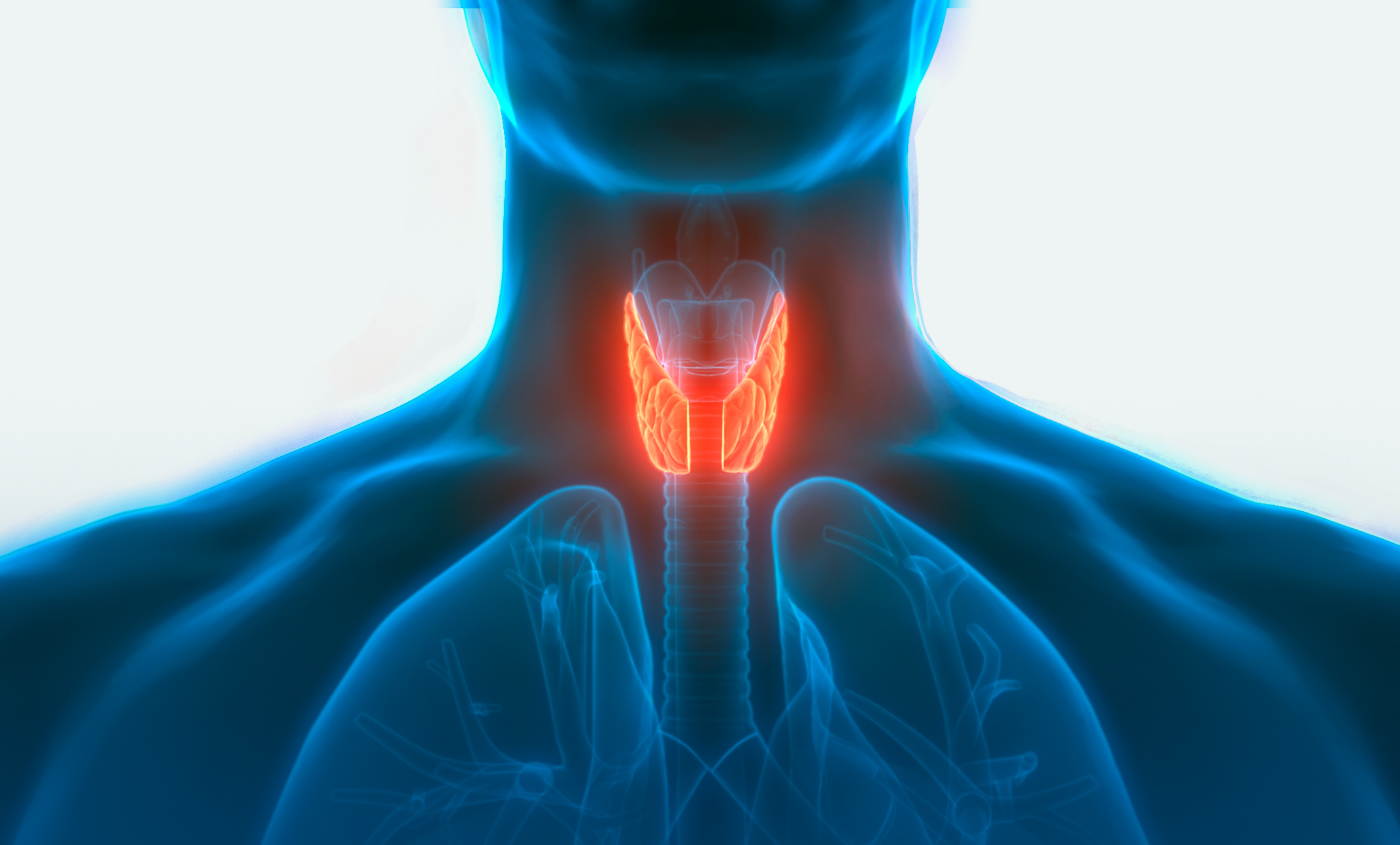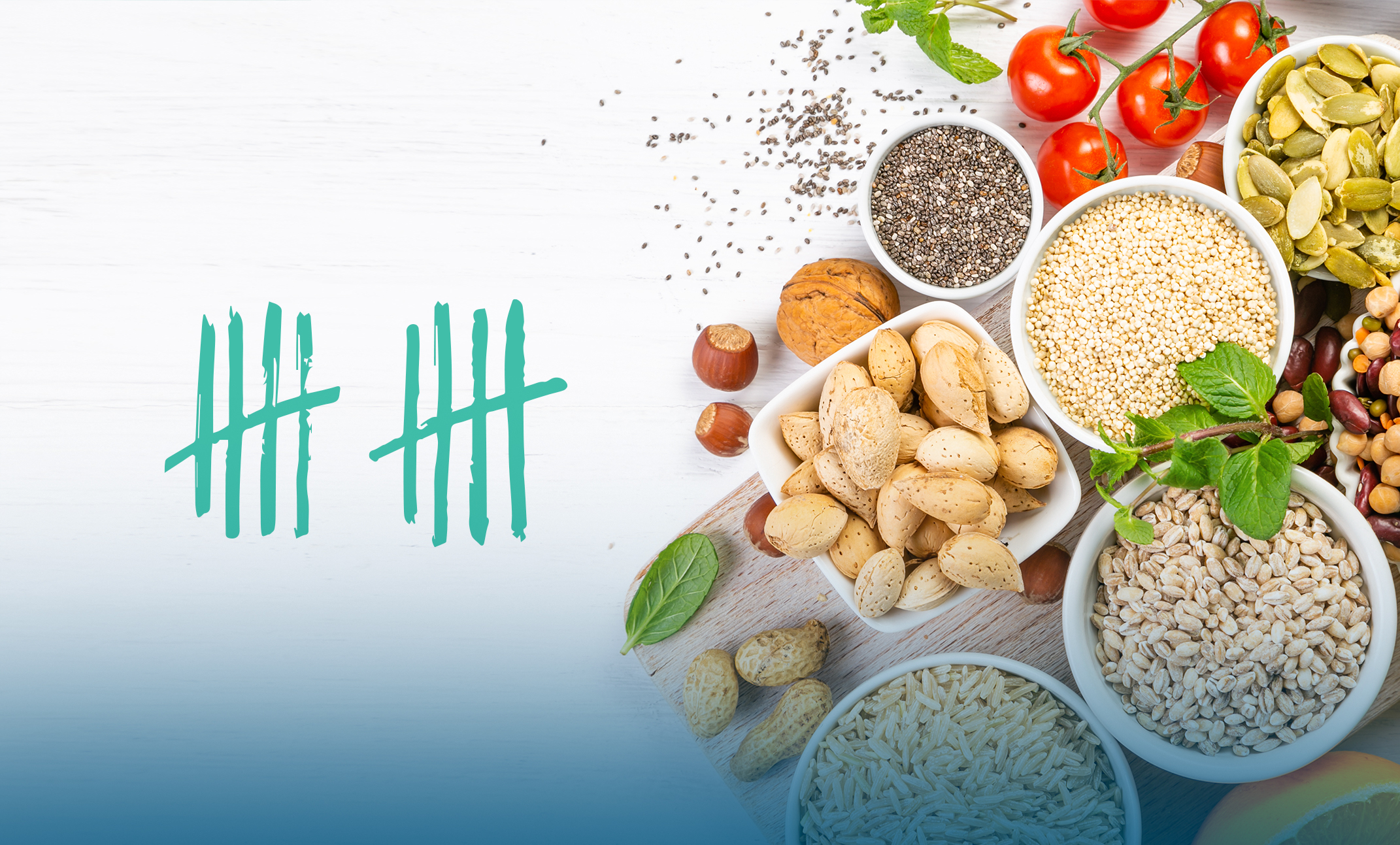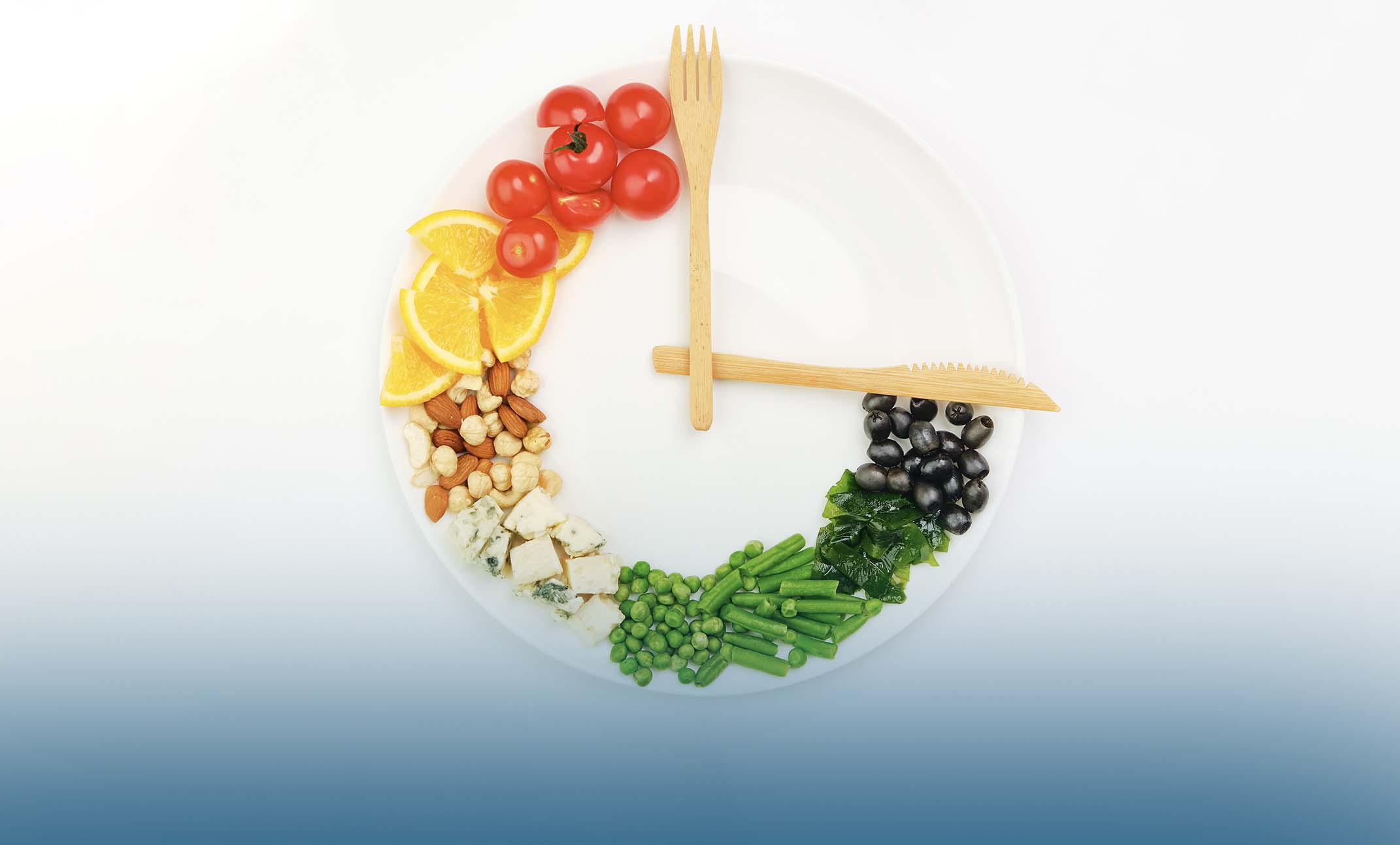What is intermittent fasting?
Fasting involves abstaining from all or certain food and drinks for a defined period. Traditionally, fasting has been practiced for religious and spiritual reasons. However, intermittent fasting has become increasingly popular in recent years.
Intermittent fasting is a dietary pattern which involves switching between periods of fasting and periods of eating. During the fasting period, no food is allowed, however, water, black coffee, tea, and non-caloric beverages (without milk and sugar) can be consumed.
Unlike other calorie-restriction diet plans, the focus in intermittent fasting is on when to eat rather than what to eat.
What are the Types of Intermittent Fasting?
All different methods of intermittent fasting involve separating the days or week into eating and fasting periods.
The most common types are described below:
16/8 Method
Fasting for 16 hours and eating during an 8-hour feeding window.
5:2 Diet
Consuming 500 calories for women and 600 calories for men on 2 non-consecutive days of the week and eating a normal diet on the other 5 days.
Eat-stop-eat
Fasting for 24 hours, once or twice a week and eating a normal diet on the other 5-6 days.
Alternate Day Fasting
Fasting for 1 day, eating a normal diet the next day, and so forth.
What should you consider about Intermittent Fasting?
- Under or overeating may occur while implementing intermittent fasting. Try to eat a nutritionally balanced diet containing all the nutrients your body requires to stay healthy.
- There is no evidence that shows intermittent fasting causes more weight loss compared to other calorie-restricted diet.
- Fasting is not suitable for everyone. Avoid intermittent fasting if you are pregnant, breastfeeding, have a history of eating disorders, have a medical condition such as diabetes, and taking medications.
- Side effects of intermittent fasting include feelings of hunger, tiredness, and headaches.
It is important to keep in mind that healthy eating during non-fasting days plays a crucial role in the positive effects of intermittent fasting on your health.
Author: Joelle Al Tenn, TruDoc Wellness Director





